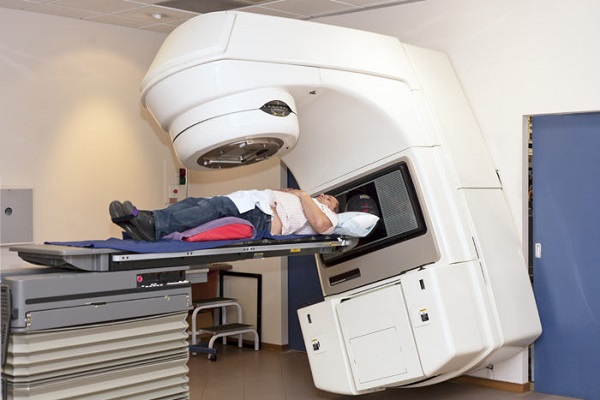
The Federal Government of Nigeria, under the leadership of President Bola Ahmed Tinubu, has reaffirmed its commitment to combating the growing threat of cancer in the country.
With projections indicating a substantial surge in cancer cases and fatalities by 2050, urgent measures are imperative to confront this burgeoning public health challenge.
Minister of State for Health and Social Welfare, Dr. Tunji Alausa delivered remarks on Thursday in Abuja at the National Institute for Cancer Research and Treatment (NICRAT) during a one-day workshop themed “Improving Access to Cancer Care in Nigeria.”
The workshop, organised in collaboration with Siemens Healthineers, aimed to foster collaboration between the public and private sectors to enhance cancer care outcomes in Nigeria.
Alausa underscored the Ministry of Health’s commitment, through NICRAT, to revolutionise cancer care in Nigeria by intensifying awareness campaigns and facilitating access to treatment and research.
He hailed the partnership with Siemens as a pivotal step towards a future devoid of cancer, citing initiatives geared towards expanding the pool of cancer experts through training, fortifying the administration of the cancer health fund, and upgrading cancer treatment and diagnosis centres.
Moreover, he said strategic alliances with international entities like the International Atomic Energy Agency (IAEA) were aimed at enhancing capacity-building for cancer care across Nigeria.
He stressed the workshop’s significance as a platform to address challenges in cancer care and foster collaborative efforts.
Special Adviser to the President on Health, Dr. Salma Ibrahim Anas said the workshop provides a platform for the country to exchange knowledge, share best practices, and forge new alliances that will drive progress in the field of cancer care.
Anas said that through collaborative initiatives, the country can leverage donor partners’ expertise, resources and technology to facilitate access to high-quality care, promote early detection, and enhance the continuum of care for individuals impacted by cancer.
She also called for the involvement of community leaders as stakeholders in the fight against cancer in the country.
Healthineers vice-president and head of public sector engagement at Siemens, Dr. Kevin Massoudi commended Nigeria’s proactive approach in modernising cancer care centres.
Massoudi underscored the government’s emphasis on sustainable access and community engagement as pivotal in combating this daunting public health crisis.
The workshop also witnessed insights from prominent figures such as the wife of a former governor of Kebbi State, Dr. Zainab Shinkafi-Bagudu, who underlined the critical role of radiotherapy treatments and advocated for increased treatment centres in Nigeria.
Director-general of the International Atomic Energy Agency (IAEA), Prof. Ahmed Aminu reiterated the agency’s collaboration with Nigeria in identifying cancer care needs and securing essential support.
Aminu underscored the importance of addressing challenges faced by institutions like the National Institute for Cancer Research and Treatment (NICA) and highlighted successful virtual training programmes aimed at enhancing healthcare professionals’ skills.
In his earlier remarks, director-general of NICRAT, Prof. Usman Aliyu underscored the comprehensive approach to cancer care encompassing awareness, prevention, screening, treatment, and research. Aliyu underlined the need for unified efforts and strategic partnerships to substantially impact cancer care and control in Nigeria.

